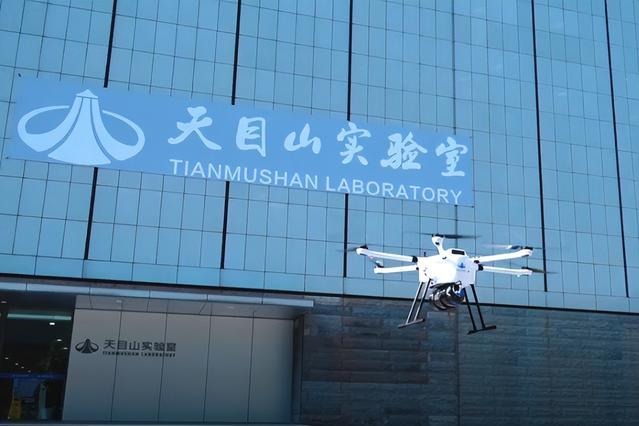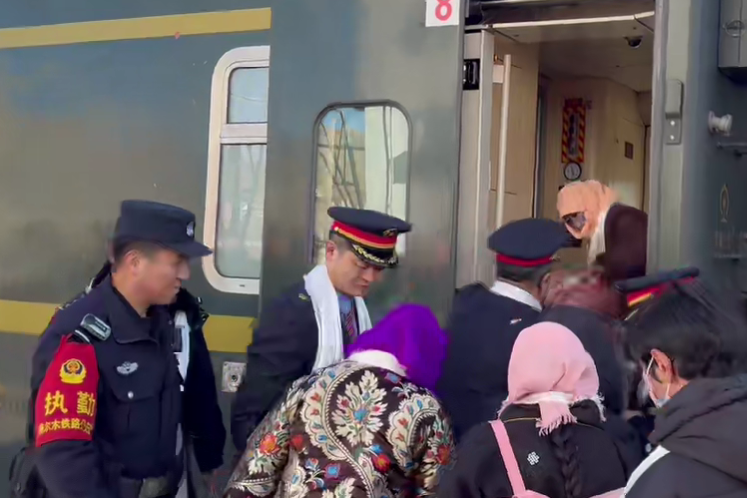Youth bond through culture and tech
Small acts of kindness and cutting-edge technology unite youth across borders in a celebration of culture.


Fried chicken, AI portraits, and heartfelt exchanges — the seventh ASEAN-China Media Week opened Thursday evening in Bangkok, Thailand, with stories that show how cultural diplomacy can be both meaningful and fun.
Although the opening ceremony was held in Thailand, the event's activities had already been underway since May, starting in Guilin in China's Guangxi Zhuang autonomous region.
Participants joined two themed journeys: one traveled from Shenzhen in Guangdong province to Guilin, and the other from Bangkok to Nanning in Guangxi. These cross-border study tours explored stories of modernization and cooperation between China and ASEAN countries.
Along the way, participants shared reflections on social media, highlighting how cultural exchange and technological innovation go hand in hand.
One such story came from Syairul Islam, a host from Malaysia's national broadcaster, who recounted what he called his unforgettable "Fried Chicken Story".
On his second day in China, Islam tried to order fried chicken at a local restaurant using a self-service system — but everything was in Chinese, and he couldn't understand a word. Just then, a kitchen staff member noticed his confusion and came out to help.
"What touched me even more was that a Chinese customer nearby offered to pay for my meal," Islam said. "That small gesture made me realize that no matter how powerful technology becomes, it is ultimately people — their values and kindness — that truly connect us. This is the essence of culture."
That spirit of connection extended into the tech world as well.
Onshulee Visayaputra, a journalist from Thailand, shared how her love of Chinese period dramas led her to try AI-generated portrait technology. During a visit to the China (Shenzhen) International Cultural Industries Fair, she uploaded a photo, selected a traditional style, and received a beautifully rendered image in return.
"This fusion of modern technology with traditional culture allowed me to appreciate the charm of Chinese cultural heritage," she said.
Visayaputra also noted how companies like Tencent, the Shenzhen-based internet giant, are using AI and big data to enhance cultural content — an approach that inspired her to explore new ways of blending Thai cultural elements with emerging technologies back home.
Sok Pichratana, a representative from Cambodia, was also impressed by the visit to Tencent. On the very first day in Shenzhen, he and his teammate filmed a short video documenting their experience. That video has since aired on Cambodian national television and various digital platforms.
Sok later spoke at a youth media sharing session in Guilin — the final stop of the 2025 ASEAN-China Youth Hosts Camp — where he highlighted the growing digital cooperation between China and ASEAN countries.
He was joined by representatives from across the ASEAN region — including Cambodia, Indonesia, Malaysia, Thailand, Vietnam, Laos, the Philippines, and China — who shared their study tour experiences, underscoring the strength of regional ties and offering fresh perspectives on integrating culture with technology.
Reginal cooperation
The camp, which is one of the flagship programs under ASEAN-China Media Week, brought together over 200 participants, including youth hosts, scholars, students, and media professionals from both regions.
Now in its fifth season, the camp has grown into a dynamic platform for cultural exchange and digital storytelling. It aligns with the ASEAN-China Year of People-to-People Exchanges and commemorates the 50th anniversary of diplomatic relations between China and Thailand.
With a focus on broad coverage, strong dissemination, and wide engagement, it aims to foster innovative media models, expand online networks, and provide young people with a larger stage for regional cooperation.
Phonpoom Vipattipumiprates, Thailand's vice minister of Tourism and Sports, described the initiative as a strategic platform for meaningful dialogue and collaboration between media institutions in China and ASEAN countries.
Lu Zhengning, deputy secretary-general of the organizing committee, noted that the camp plays a vital role in telling compelling, people-centered stories that deepen mutual understanding.
Chamnan Ngammaneeudom, deputy CEO of the Thai Media Fund, praised the progress made so far and voiced optimism about the potential for continued collaboration and media innovation.
Hu Fan, vice chairman of the People's Government of Guangxi, emphasized that the region has become a hub for audiovisual cooperation between China and ASEAN nations.
In addition to the camp, a televised gala for the opening ceremony will be broadcast in July on media platforms in both China and Thailand.
Contact the writers at zhangli@chinadaily.com.cn
Today's Top News
- China remembers victims of Nanjing Massacre, 88 years on
- New plan will be a road map for a stronger future
- Taiwan's character of the year a vote against confrontation
- Strengthened resilience key for economy
- Video sheds new light on Japan's wartime atrocities
- Xi: World yearns for peace, trust more than ever






























